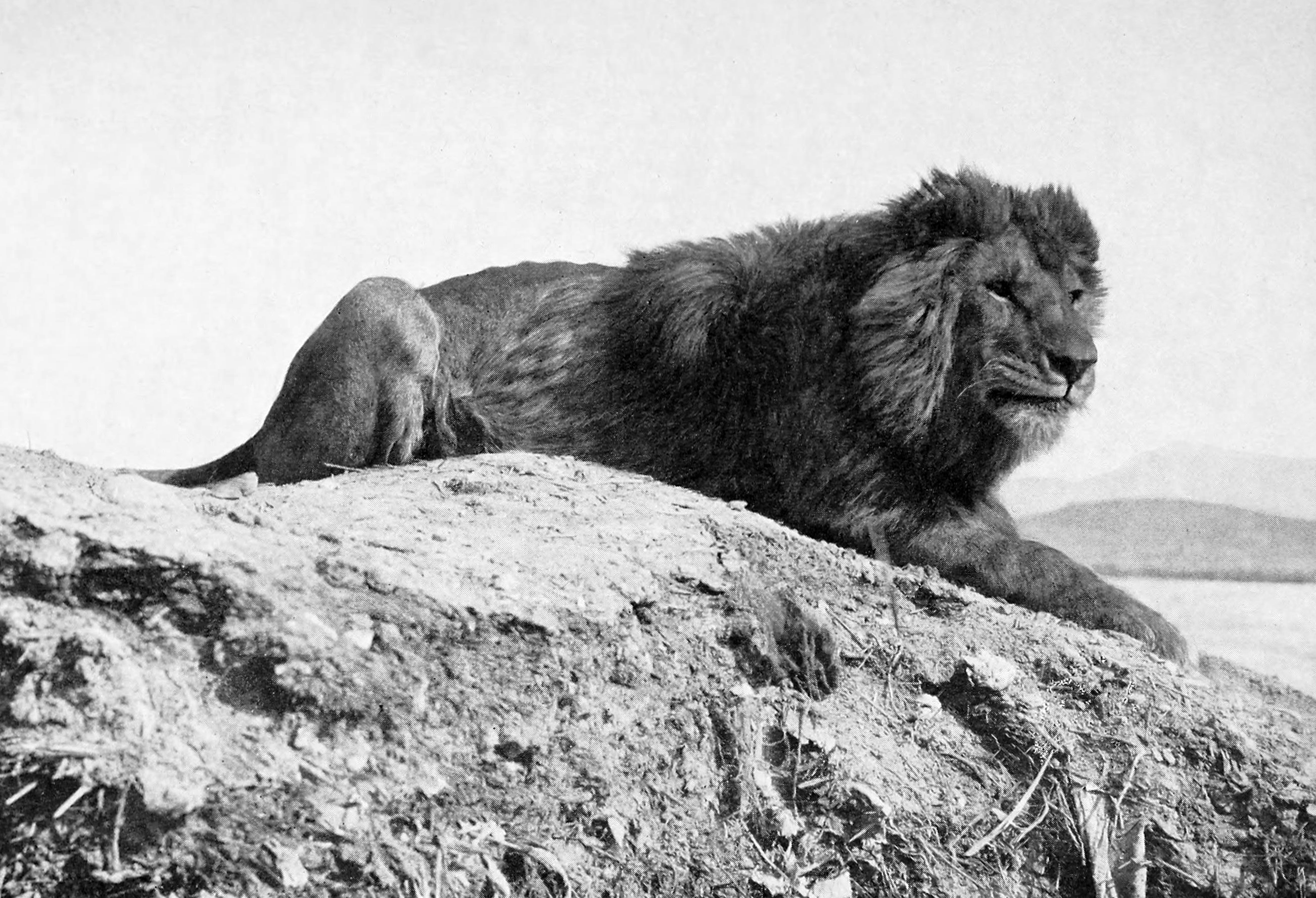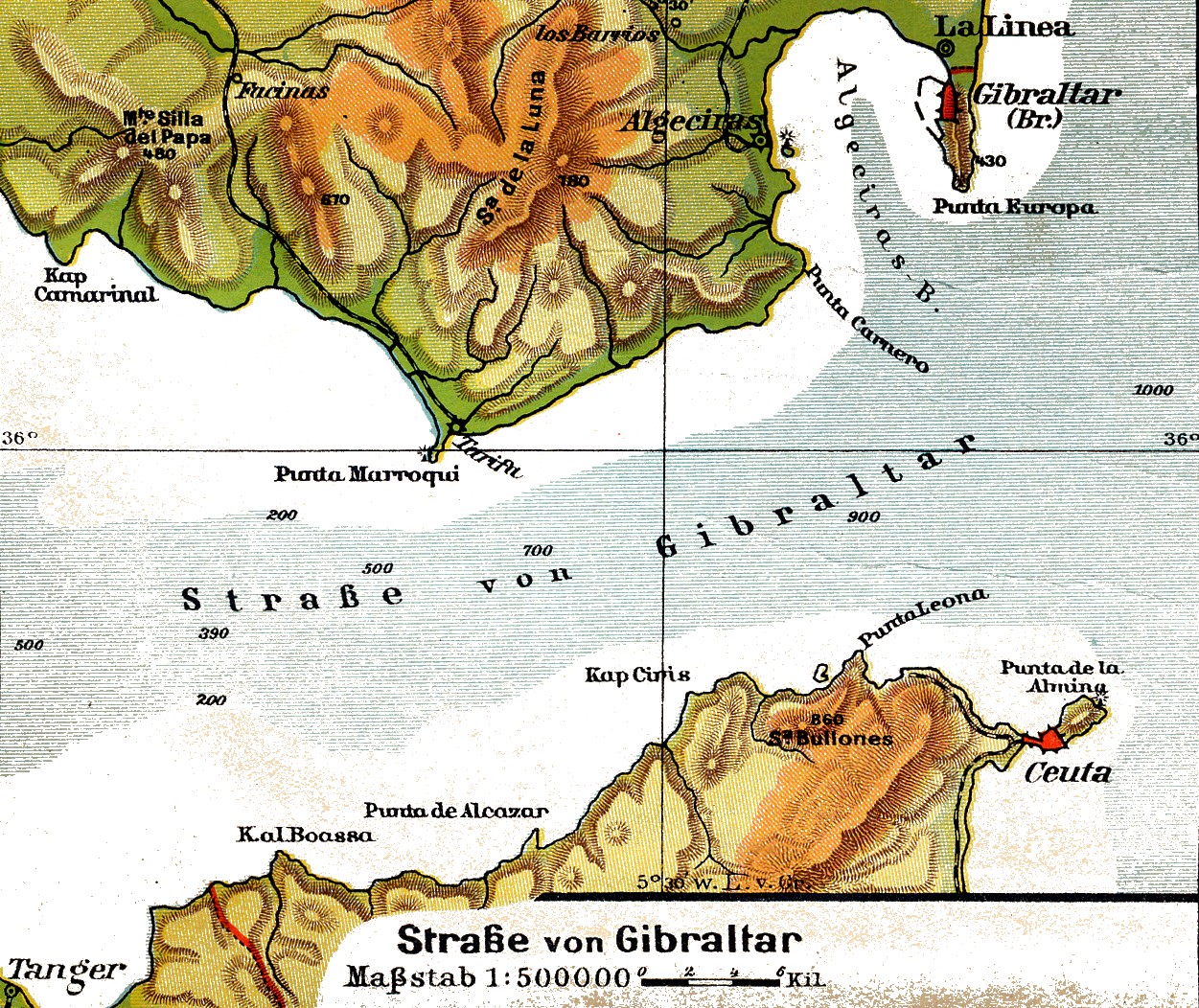|
Abdalwadid
The Zayyanid dynasty ( ar, زيانيون, ''Ziyānyūn'') or Abd al-Wadids ( ar, بنو عبد الواد, ''Bānu ʿabd āl-Wād'') was a Berber Zenata dynasty that ruled the Kingdom of Tlemcen, mainly in modern Algeria centered on the town of Tlemcen in northwest Algeria. The Zayyanid dynasty's rule lasted from 1235 to 1557 History On the collapse of the Almohad Caliphate's rule around 1236, the kingdom of Tlemcen became independent under the rule of the Zayyanids, and Yaghmurasen Ibn Zyan. Ibn Zyan was able to maintain control over the rival Berber groups, and when faced with the outside threat of the Marinids, he formed an alliance with the Sultan of Granada and the King of Castile, Alfonso X. After ibn Zyan's death, the Marinid sultan besieged Tlemcen for eight years and finally captured it in 1337–48, with Abu al-Hasan 'Ali as the new ruler. After a period of self-rule, it was governed again by the Marinid dynasty from 1352 to 1359 under Abu Inan Faris. The Marinid ... [...More Info...] [...Related Items...] OR: [Wikipedia] [Google] [Baidu] |
Algeria
) , image_map = Algeria (centered orthographic projection).svg , map_caption = , image_map2 = , capital = Algiers , coordinates = , largest_city = capital , religion = , official_languages = , languages_type = Other languages , languages = Algerian Arabic (Darja) French , ethnic_groups = , demonym = Algerian , government_type = Unitary semi-presidential republic , leader_title1 = President , leader_name1 = Abdelmadjid Tebboune , leader_title2 = Prime Minister , leader_name2 = Aymen Benabderrahmane , leader_title3 = Council President , leader_name3 = Salah Goudjil , leader_title4 = Assembly President , leader_name4 = Ibrahim Boughali , legislature = Parliament , upper_house = Council of the Nation , lower_house ... [...More Info...] [...Related Items...] OR: [Wikipedia] [Google] [Baidu] |
Hafsid Dynasty
The Hafsids ( ar, الحفصيون ) were a Sunni Muslim dynasty of Berber descentC. Magbaily Fyle, ''Introduction to the History of African Civilization: Precolonial Africa'', (University Press of America, 1999), 84. who ruled Ifriqiya (western Libya, Tunisia, and eastern Algeria) from 1229 to 1574. History Almohad Ifriqiya The Hafsids were of Berber descent, although to further legitimize their rule, they claimed Arab ancestry from the second Rashidun Caliph Omar. The ancestor of the dynasty and from whom their name is derived was Abu Hafs Umar ibn Yahya al-Hintati, a Berber from the Hintata tribal confederation, which belonged to the greater Masmuda confederation of Morocco. He was a member of the council of ten and a close companion of Ibn Tumart. His original Berber name was "Faskat u-Mzal Inti", which later was changed to "Abu Hafs Umar ibn Yahya al-Hintati" (also known as "Umar Inti") since it was a tradition of Ibn Tumart to rename his close companions once they had ad ... [...More Info...] [...Related Items...] OR: [Wikipedia] [Google] [Baidu] |
Oran
Oran ( ar, وَهران, Wahrān) is a major coastal city located in the north-west of Algeria. It is considered the second most important city of Algeria after the capital Algiers, due to its population and commercial, industrial, and cultural importance. It is west-south-west from Algiers. The total population of the city was 803,329 in 2008, while the metropolitan area has a population of approximately 1,500,000 making it the second-largest city in Algeria. Etymology The word ''Wahran'' comes from the Berber expression ''wa - iharan'' (place of lions). A locally popular legend tells that in the period around AD 900, there were sightings of Barbary lion, Barbary lions in the area. The last two lions were killed on a mountain near Oran, and it became known as ''la montagne des lions'' ("The Mountain of Lions"). Two giant lion statues stand in front of Oran's city hall, symbolizing the city. History Overview During the Roman Empire, a small settlement called ''Unica Colonia'' ... [...More Info...] [...Related Items...] OR: [Wikipedia] [Google] [Baidu] |
Marinid
The Marinid Sultanate was a Berber Muslim empire from the mid-13th to the 15th century which controlled present-day Morocco and, intermittently, other parts of North Africa (Algeria and Tunisia) and of the southern Iberian Peninsula (Spain) around Gibraltar. It was named after the Banu Marin (, Berber: ''Ayt Mrin''), a Zenata Berber tribe. The sultanate was ruled by the Marinid dynasty ( ar, المرينيون ), founded by Abd al-Haqq I.C.E. Bosworth, ''The New Islamic Dynasties'', (Columbia University Press, 1996), 41-42. In 1244, after being at their service for several years, the Marinids overthrew the Almohads which had controlled Morocco. At the height of their power in the mid-14th century, during the reigns of Abu al-Hasan and his son Abu Inan, the Marinid dynasty briefly held sway over most of the Maghreb including large parts of modern-day Algeria and Tunisia. The Marinids supported the Emirate of Granada in al-Andalus in the 13th and 14th centuries and made an ... [...More Info...] [...Related Items...] OR: [Wikipedia] [Google] [Baidu] |
Abu Al-Hasan 'Ali
Abu Al-Hasan 'Ali ibn 'Othman (c. 1297 – 24 May 1351), () was a sultan of the Marinid dynasty who reigned in Morocco between 1331 and 1348. In 1333 he captured Gibraltar from the Castilians, although a later attempt to take Tarifa in 1339 ended in fiasco. In North Africa he extended his rule over Tlemcen and Hafsid Ifriqiya, which together covered the north of what is now Algeria and Tunisia. Under him the Marinid realms in the Maghreb briefly covered an area that rivaled that of the preceding Almohad Caliphate. However, he was forced to retreat due to a revolt of the Arab tribes, was shipwrecked, and lost many of his supporters. His son Abu Inan Faris seized power in Fez. Abu Al-Hasan died in exile in the High Atlas mountains. Early years Abu al-Hassan was the son of Marinid ruler Abu Sa'id Uthman II and an Abyssinian mother. He had a dark complexion, and was known as the 'Black Sultan' of Morocco. He succeeded his father Abu Sa'id Uthman II in 1331. Abu al-Hassan married Fat ... [...More Info...] [...Related Items...] OR: [Wikipedia] [Google] [Baidu] |
Kingdom Of Tlemcen
The Kingdom of Tlemcen or Zayyanid Kingdom of Tlemcen ( ar, الزيانيون) was a Berber kingdom in what is now the northwest of Algeria. Its territory stretched from Tlemcen to the Chelif bend and Algiers, and at its zenith reached Sijilmasa and the Moulouya River in the west, Tuat to the south and the Soummam in the east.الدولة الزيانية في عهد يغمراسن: دراسة تاريخية وحضارية 633 هـ - 681 هـ / 1235 م - 1282 مخالد بلع ربي Al Manhal [...More Info...] [...Related Items...] OR: [Wikipedia] [Google] [Baidu] |
Ottoman Empire
The Ottoman Empire, * ; is an archaic version. The definite article forms and were synonymous * and el, Оθωμανική Αυτοκρατορία, Othōmanikē Avtokratoria, label=none * info page on book at Martin Luther University) // CITED: p. 36 (PDF p. 38/338) also known as the Turkish Empire, was an empire that controlled much of Southeast Europe, Western Asia, and Northern Africa between the 14th and early 20th centuries. It was founded at the end of the 13th century in northwestern Anatolia in the town of Söğüt (modern-day Bilecik Province) by the Turkoman tribal leader Osman I. After 1354, the Ottomans crossed into Europe and, with the conquest of the Balkans, the Ottoman beylik was transformed into a transcontinental empire. The Ottomans ended the Byzantine Empire with the conquest of Constantinople in 1453 by Mehmed the Conqueror. Under the reign of Suleiman the Magnificent, the Ottoman Empire marked the peak of its power and prosperity, as well a ... [...More Info...] [...Related Items...] OR: [Wikipedia] [Google] [Baidu] |
Protectorate
A protectorate, in the context of international relations, is a State (polity), state that is under protection by another state for defence against aggression and other violations of law. It is a dependent territory that enjoys autonomy over most of its internal affairs, while still recognizing the suzerainty of a more powerful sovereign state without being a possession. In exchange, the protectorate usually accepts specified obligations depending on the terms of their arrangement. Usually protectorates are established de jure by a treaty. Under certain conditions—as with History of Egypt under the British#Veiled Protectorate (1882–1913), Egypt under British rule (1882–1914)—a state can also be labelled as a de facto protectorate or a veiled protectorate. A protectorate is different from a colony as it has local rulers, is not directly possessed, and rarely experiences colonization by the suzerain state. A state that is under the protection of another state while retain ... [...More Info...] [...Related Items...] OR: [Wikipedia] [Google] [Baidu] |
Algiers
Algiers ( ; ar, الجزائر, al-Jazāʾir; ber, Dzayer, script=Latn; french: Alger, ) is the capital and largest city of Algeria. The city's population at the 2008 Census was 2,988,145Census 14 April 2008: Office National des Statistiques de l'Algérie (web). and in 2020 was estimated to be around 4,500,000. Algiers is located on the Mediterranean Sea and in the north-central portion of Algeria. Algiers is situated on the west side of a bay of the Mediterranean Sea. The modern part of the city is built on the level ground by the seashore; the old part, the ancient city of the deys, climbs the steep hill behind the modern town and is crowned by the Casbah or citadel (a UNESCO World Heritage Site), above the sea. The casbah and the two quays form a triangle. Names The city's name is derived via French and Catalan ''Origins of Algiers'' by Louis Leschi, speech delivered June 16, 1941, published in ''El Djezair Sheets'', July 194History of Algeria . from the Arabic name '' ... [...More Info...] [...Related Items...] OR: [Wikipedia] [Google] [Baidu] |
Papacy
The pope ( la, papa, from el, πάππας, translit=pappas, 'father'), also known as supreme pontiff ( or ), Roman pontiff () or sovereign pontiff, is the bishop of Rome (or historically the patriarch of Rome), head of the worldwide Catholic Church, and has also served as the head of state or sovereign of the Papal States and later the Vatican City State since the eighth century. From a Catholic viewpoint, the primacy of the bishop of Rome is largely derived from his role as the apostolic successor to Saint Peter, to whom primacy was conferred by Jesus, who gave Peter the Keys of Heaven and the powers of "binding and loosing", naming him as the "rock" upon which the Church would be built. The current pope is Francis, who was elected on 13 March 2013. While his office is called the papacy, the jurisdiction of the episcopal see is called the Holy See. It is the Holy See that is the sovereign entity by international law headquartered in the distinctively independent Vatican ... [...More Info...] [...Related Items...] OR: [Wikipedia] [Google] [Baidu] |
Regency Of Algiers
The Regency of Algiers ( ar, دولة الجزائر, translit=Dawlat al-Jaza'ir) was a state in North Africa lasting from 1516 to 1830, until it was conquered by the French. Situated between the regency of Tunis in the east, the Sultanate of Morocco (from 1553) in the west and Tuat as well as the country south of In Salah in the south (and the Spanish and Portuguese possessions of North Africa), the Regency originally extended its borders from La Calle in the east to Trara in the west and from Algiers to Biskra, and afterwards spread to the present eastern and western borders of Algeria. It had various degrees of autonomy throughout its existence, in some cases reaching complete independence, recognized even by the Ottoman sultan. The country was initially governed by governors appointed by the Ottoman sultan (1518–1659), rulers appointed by the Odjak of Algiers (1659–1710), and then Deys elected by the Divan of Algiers from (1710-1830). History Establishment Fr ... [...More Info...] [...Related Items...] OR: [Wikipedia] [Google] [Baidu] |




